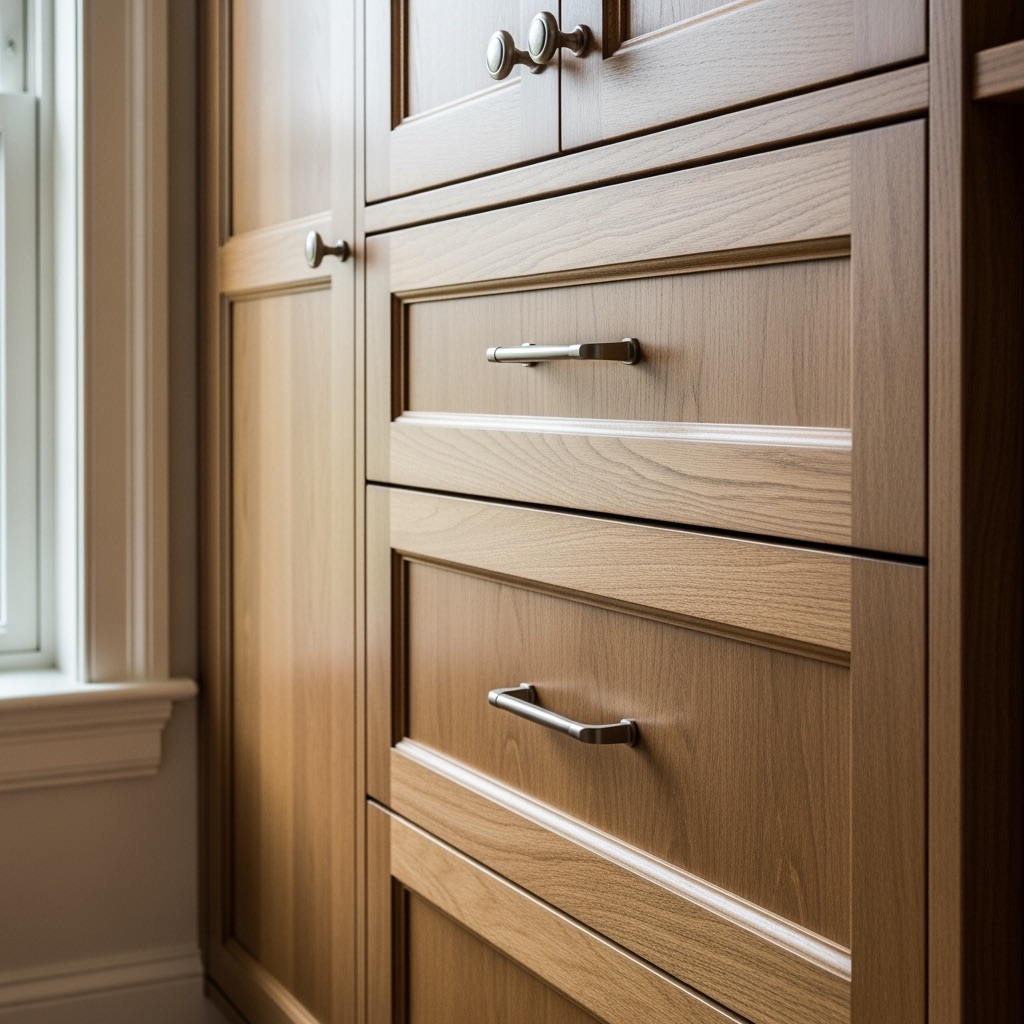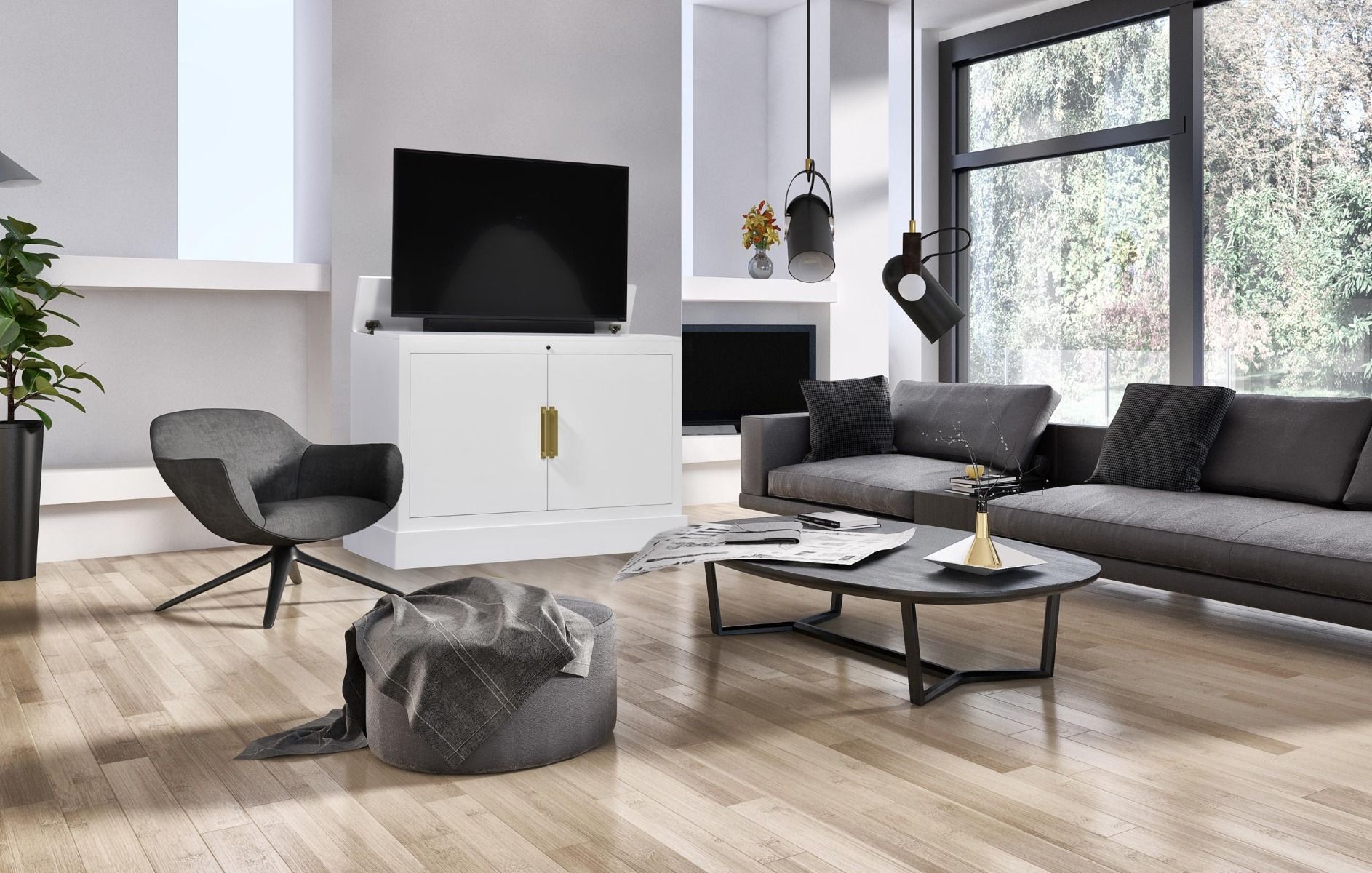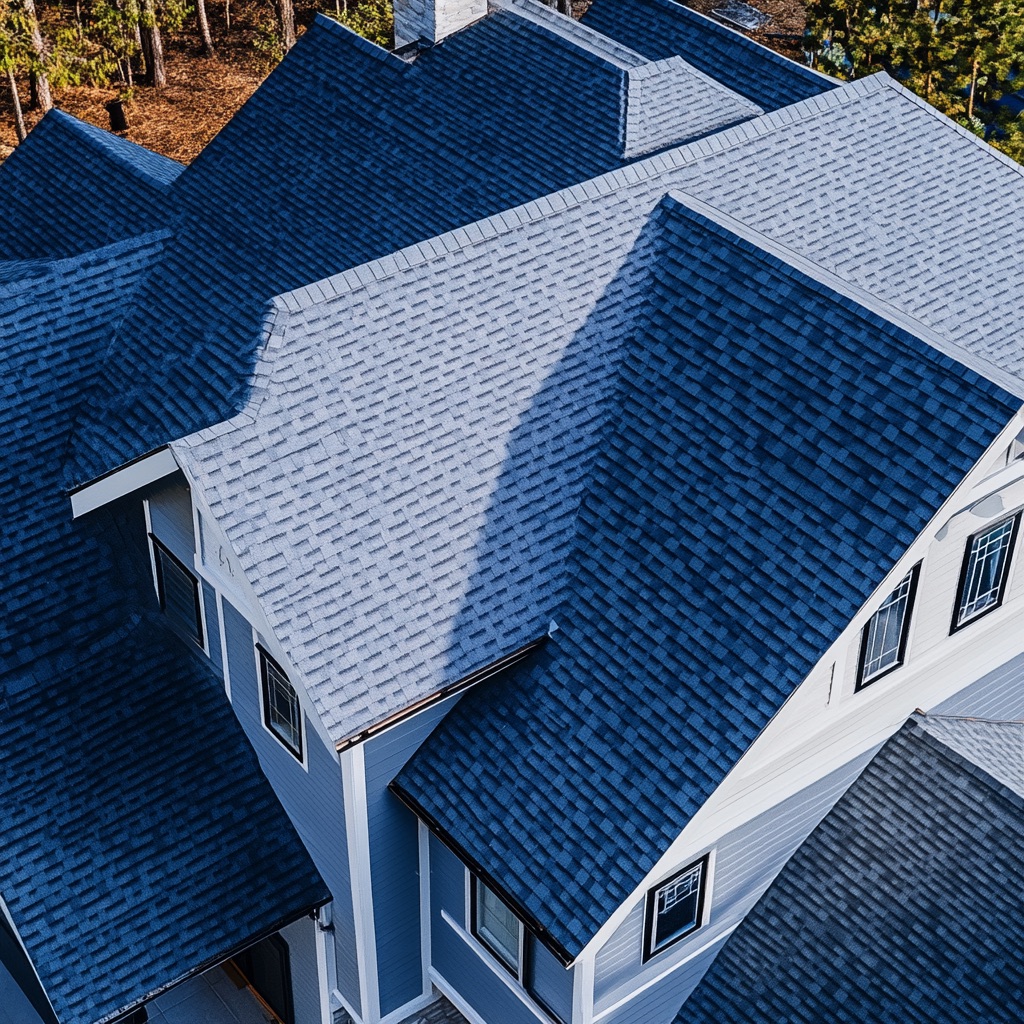Last updated on
Here are six key things you need to consider when installing an AC unit before the summer comes. Read on!
Summer is just around the corner, so it’s time to start thinking about how you will beat the heat. Like most people, you’ll probably want to rely on an air conditioning unit to keep you cool all summer.
But before you run out and buy an AC unit, there are a few things you need to consider. This blog post discusses the most critical factors you need to consider when deciding whether to install an AC unit.
Consider the Installation Process
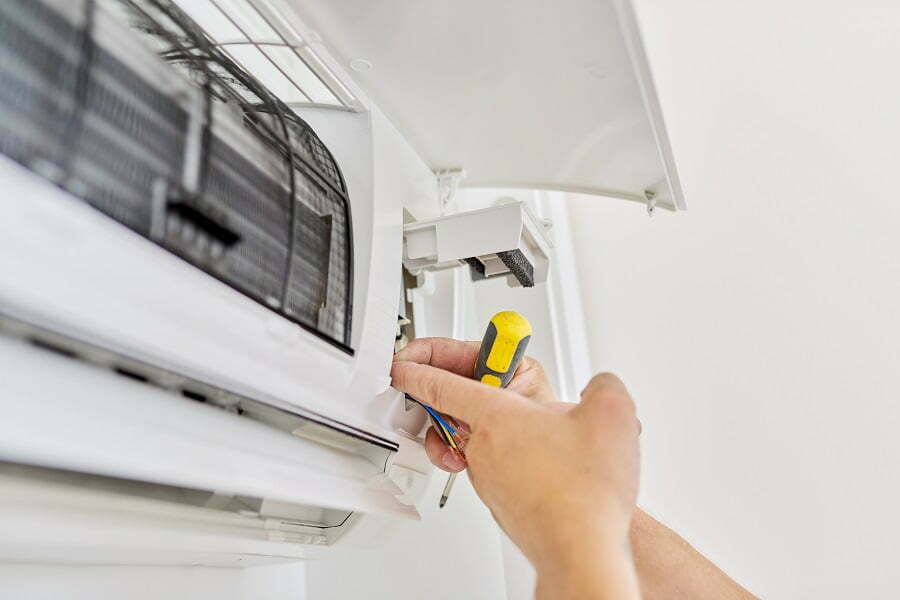
When you buy an AC unit, you need to ensure that you have the necessary tools and equipment to install it. This includes a drill, screws, an outlet box, and wire nuts.
Other items may also be required for proper installation, depending on the type of AC unit you purchase. Your home should also be adequately insulated, and the AC unit should be in the right size.
These reputable San Diego AC installation service providers recommend that you opt for a unit slightly larger than your home requires since units that are too small will have to work harder and cost more in terms of energy consumption.
If possible, have a professional install your AC unit to ensure it’s done correctly.
Think About the Costs
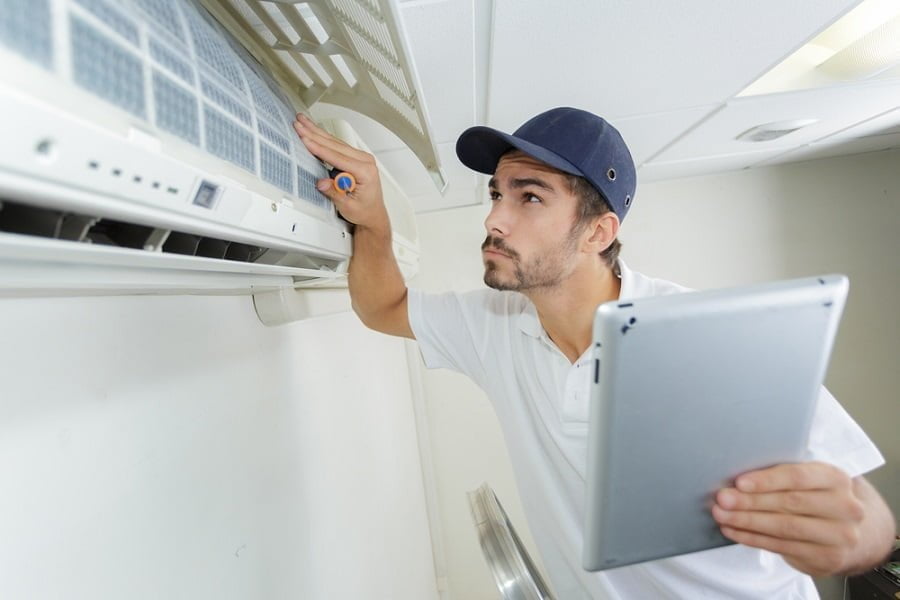
AC installation is a costly undertaking. You can expect to pay anywhere from $2,000-$4,000 for a basic AC unit and installation service.
The size of your home and the complexity of the installation are other factors that will also affect the cost. It’s essential to consider these cost factors when deciding whether to install an AC unit.
But the installation cost is not the only price you need to consider. You’ll also have to factor in the price of energy consumption for running the unit and any repair and maintenance costs that may be necessary down the line.
Even the cost of the unit itself can be high, so it’s essential to shop around and compare different models to get the best deal.
Understand Energy Efficiency
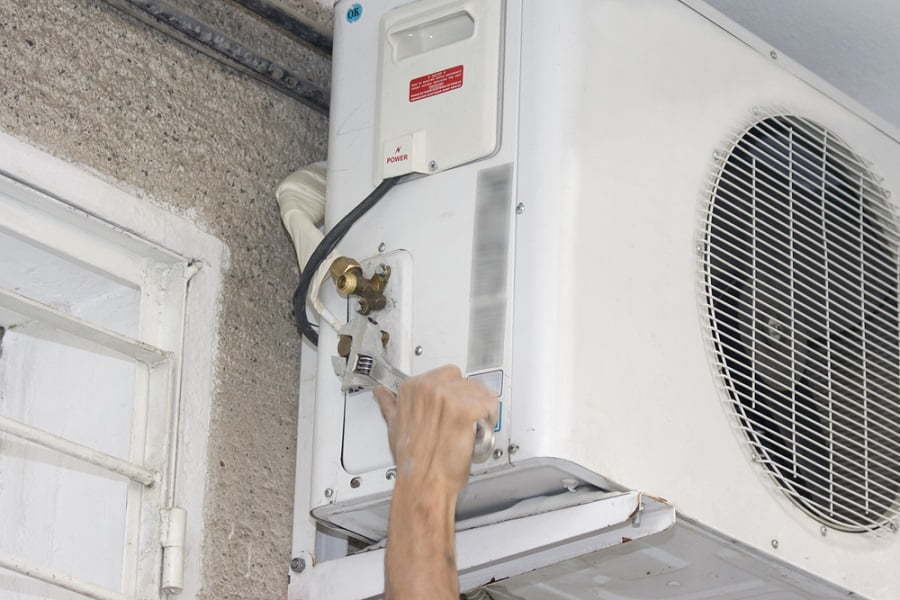
It’s essential to understand a given AC unit’s energy efficiency before purchasing. Many newer units are more energy-efficient than older models, which can help you save money in the long run.
Additionally, some units may have special features such as programmable thermostats or zoning systems that can help you manage the temperature in your home more effectively.
Programmable thermostats allow you to set a specific temperature for certain times of day, and zone systems let you control the temperature in different areas of your home separately.
Both of these features can help you save energy and money. Knowing what energy efficiency the unit offers is essential when considering if an AC installation is proper for you.
Look into the Features You Need
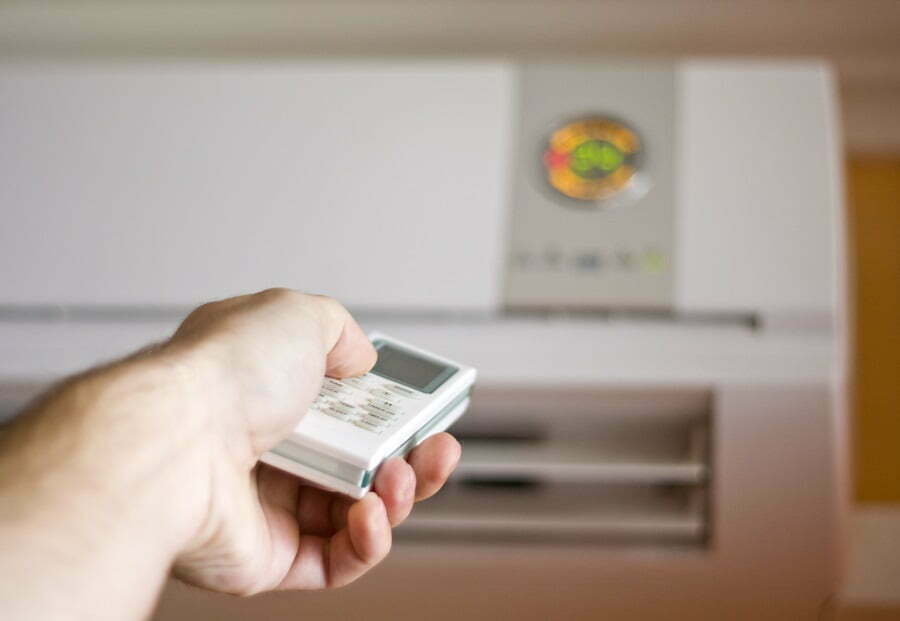
An AC unit comes with a wide variety of features. Some units have advanced filtration systems or humidity controls, while others have special features such as remote access or energy monitoring.
Advanced filtration systems can help reduce allergens and improve the air quality in your home. Humidity control is significant for those in humid climates, as it can help keep moisture levels in check and prevent mold and mildew from growing.
Remote access allows you to control your AC unit while away from home. And energy monitoring can give you real-time readings on energy usage so that you can make adjustments to save money.
Before you decide to install an AC unit, look into the features and figure out which would be most beneficial for your needs. If you are living with allergies, a unit with an advanced filtration system may be worth investing in.
An AC unit with remote access or energy monitoring might be the best option if you’re looking to save money on energy costs. Knowing what type of features you need can help you narrow down your options in listing potential AC units, making it easier to find one that fits your budget.
Consider all of these factors before making your decision so that you can get the most out of your AC installation.
Do Your Research
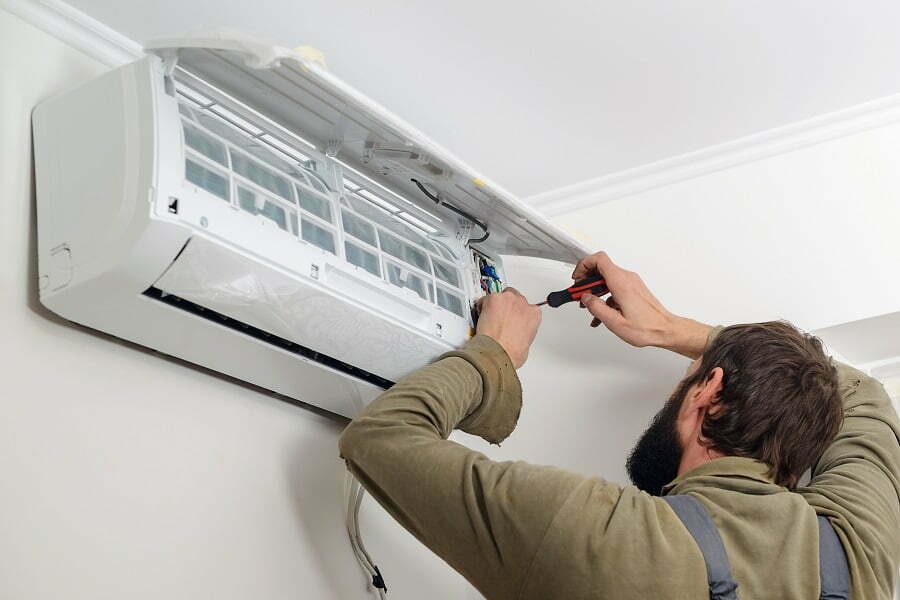
It’s essential to do your research before getting an AC unit installed. Make sure you look into different types of units and compare features, costs, and energy efficiency.
Also, shop for a reputable installation service provider who can do the job right. With a bit of research, you can make an informed decision about whether or not installing an AC unit is the best choice for your home and budget.
You can refer to online sources or user reviews to ensure you get reliable info on prospective AC installation service providers. You can also ask friends and family who have had an AC unit installed for recommendations.
With this knowledge, you can determine if installing an AC unit is the right decision for your home.
Weigh the Benefits
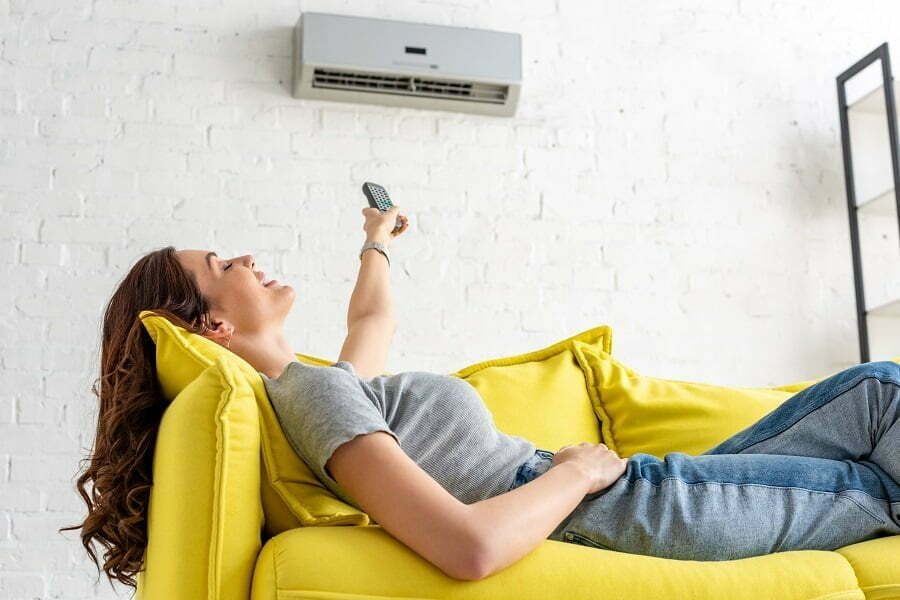
Of course, all of the costs associated with the installation of an AC should be weighed against the benefits that it can provide. The primary use is comfort—having an AC unit in your home will help ensure that you stay cool and comfortable all summer long.
But an AC unit can also provide other benefits, such as improved air quality, decreased noise levels, and even better sleep comfort. Air quality is improved because AC units filter out pollen, dust particles, and other allergens.
And because most AC units come with noise-dampening features, they provide a quieter environment than a fan or window unit.
Finally, an AC unit will help keep the temperature in your home consistent throughout the night, leading to more restful sleep.
In the end, the decision to install an AC unit is personal, and each person should assess the costs and benefits that come along with it.
Whether you install an AC unit or not, make sure you take the necessary steps to stay cool this summer. From using fans to taking cool showers, there are plenty of ways to beat the heat without having an AC unit in your home.
But by considering all the factors listed above, you can make an informed decision about whether or not installing an AC unit is the right choice for you.
Recap
